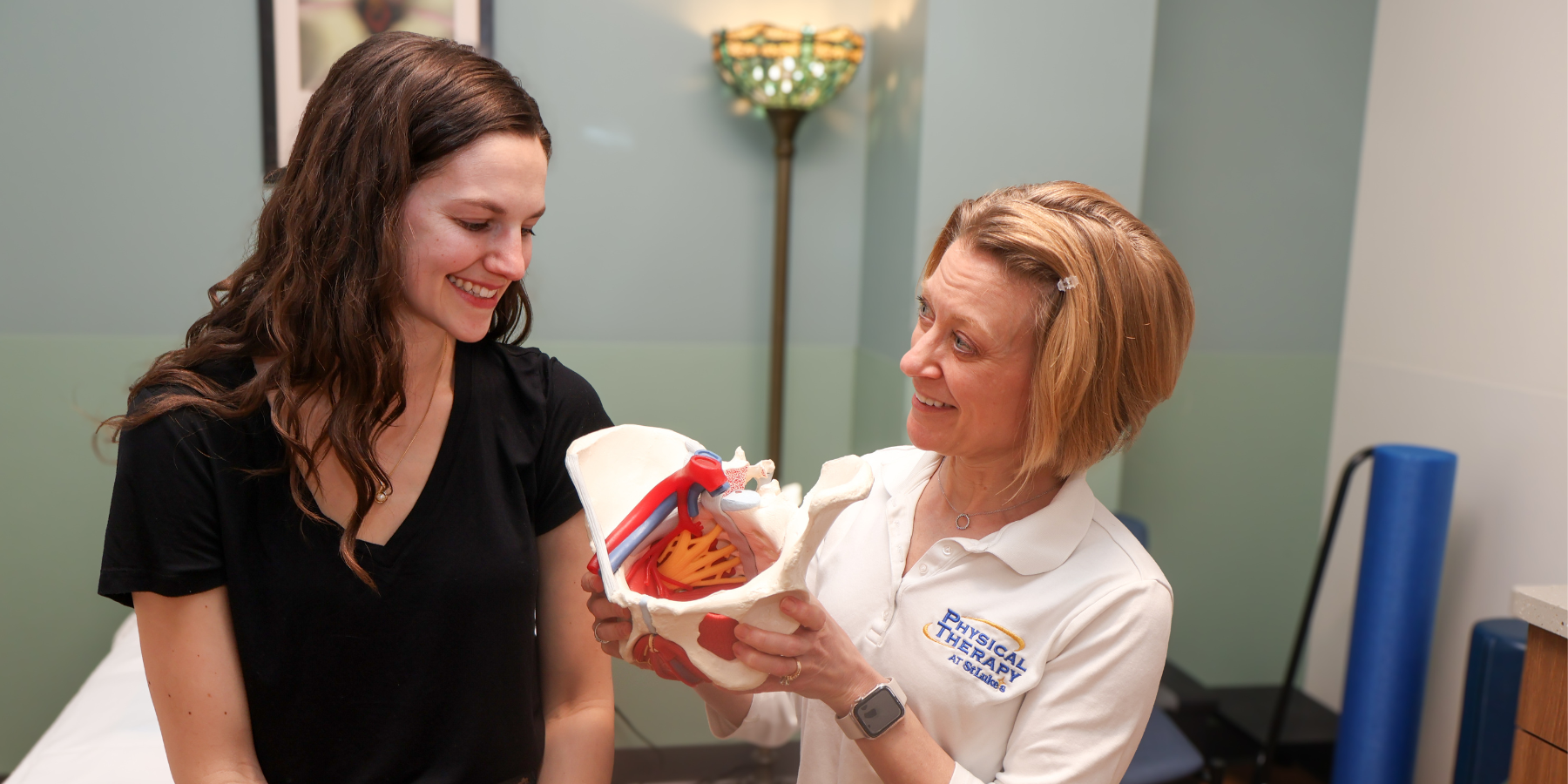Pelvic Floor Health is crucial for overall well-being, yet it’s often misunderstood or overlooked, especially by runners and those leading active lifestyles. In a recent Runner’s World article, Lauren Garges, PT, DPT, Program Manager of the Physical Therapy at St. Luke’s Pelvic Health Program, explains that Kegel exercises aren’t always the solution for everyone. While Kegel exercises focus on strengthening, many people experience pelvic floor tightness or tension, often caused by factors like birth injury, trauma, or stress. In such cases, performing Kegel exercises can worsen the problem by increasing tension rather than relieving it.
How to Identify Pelvic Floor Tightness:
Lauren suggests a simple way to check if you may have pelvic floor tightness:
- Sit on a physio ball or rolled-up towel to apply gentle pressure to the perineum
- Contract your pelvic floor muscles
- Try to relax the muscles back to their original state
If you find it difficult to relax your muscles after contracting them, you may have pelvic floor dysfunction.
Getting the Right Treatment
If you’re experiencing pelvic pain, tightness, or discomfort, our team of specialized physical therapists can help! We offer personalized treatment plans to restore your proper pelvic function. Don’t let pelvic floor issues impact your quality of life – help is available!
For more information, visit our Pelvic Health page or call 484-526-5025 to schedule your appointment today!
